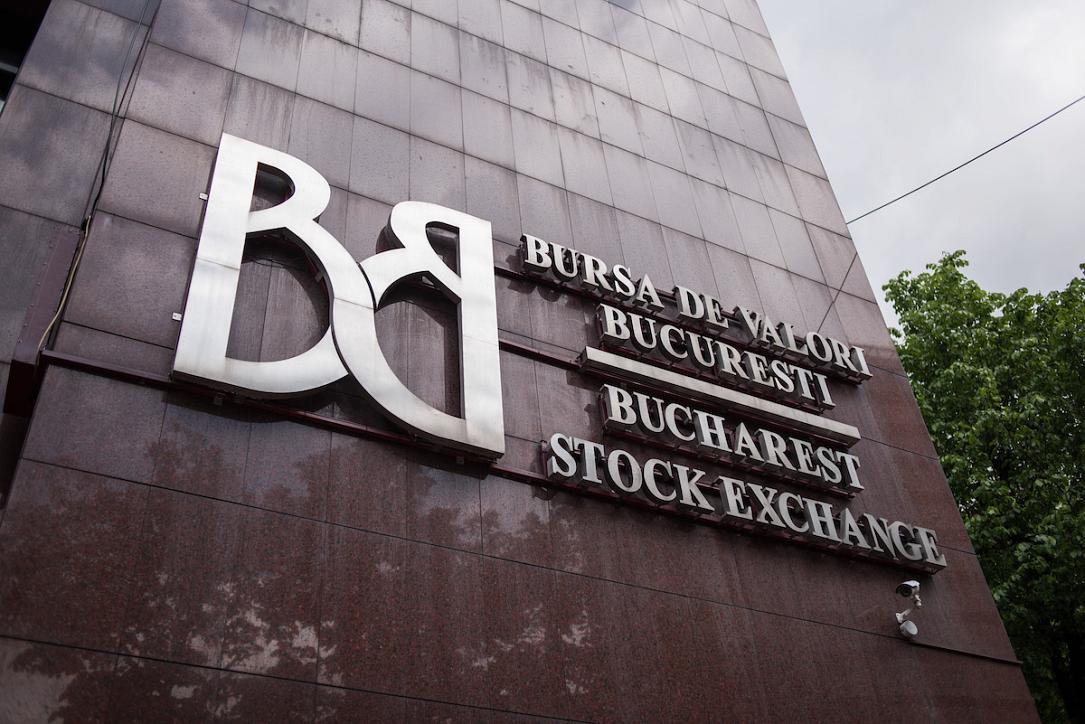A historical decision for Romania: Bucharest Stock Exchange promoted to Emerging Market



FTSE Russell, one of the biggest global index providers, promoted Romania to Emerging Market from Frontier Market status, three years after the country was added to the Watch List. FTSE Russell announced its decision on September 26, and the reclassification of the status will become effective in September next year when FTSE Russell’s Emerging Markets Indexes will include the first Romanian companies.
“We are here facing a historical moment: it’s the international recognition that Romania deserves to be promoted and I am happy and proud to lead the team that made it possible.
When the stock market is doing well the economy is doing well. I do hope this status upgrade will make more managers from state-owned and privately held companies see the stock exchange as the go-to place where they can further develop their businesses,” said Bucharest Stock Exchange CEO Adrian Tanase.
“Romania’s promotion to the Emerging Market status can be considered, from the economic standpoint of the capital market, the equivalent of the country’s admission to the European Union. Romania deserved to be promoted to the Emerging Market status as it has repeatedly proved itself as being a functional and accessible market,” added Lucian Anghel, president of the board of directors of BVB.
The main consequence of this upgrade will be that the shares of Romanian companies will now become available to much bigger international investment funds than the ones that have invested so far on the local market. “Funds much larger than the ones that have invested so far and that manage hundreds of billions of euros will be allowed to invest here in the next years as these funds’ managers are restricted by the prospectus to invest in Frontier Markets,” Anghel explained. “Romanian investors could benefit from this promotion in the long run if they choose to reap the rewards offered by the investment opportunities in the stock market,” he added.
“FTSE Russell is pleased to announce that Romania will be assigned Secondary Emerging market status effective in conjunction with the FTSE Global Equity Index Series (GEIS) semi-annual review in September 2020,” FTSE Russell announced on September 26. The index provider took this decision after it concluded that the liquidity of the local stock market has improved in recent years and could support sizeable global investment. This was the last of the nine criteria that Romania had to meet to get promoted.
Three Romanian securities currently meet the eligibility criteria to be included in the FTSE Global All Cap Index: Romgaz, Banca Transilvania and BRD-Groupe Societe Generale. The Secondary Emerging markets group includes markets such as Russia, China, India, Saudi Arabia, UAE, Qatar, Egypt, and Chile. Among the markets in Romania's region, Hungary and Czech Republic are Advanced Emerging markets while Poland is a Developed market. Meanwhile, Bulgaria, Croatia, Slovakia, Slovenia, Serbia and the Baltics are Frontier markets.
It’s a historical moment for Romania, which had its stock exchange closed during the communist regime and had it reopened for nearly half a century later. When the market reopened in November 1995, it started with 6 companies. Now, the Bucharest Stock Exchange (BVB) has 84 companies listed on the Main Market alone, with a combined capitalization of EUR 36 billion.
“The Romanian capital market had many obstacles to overcome and it took a long way to get us here. Just think about it: six years ago, we did not even have simultaneous English reporting for listed companies, so foreign investors found it difficult to clearly understand what happened in the market. Now we have in place new and improved market mechanisms, easier access into the market for investors, supportive fiscal environment for institutional investors, transparent and qualitative corporate reporting of issuers, availability of capital market information flow and legislation in English, competitive trading framework, improved corporate governance for listed companies. This new environment has attracted in the recent years new private listings for equities and bonds,” said Lucian Anghel, President of the Board at BVB.
The Bucharest Stock Exchange plans to further develop the market infrastructure by focusing its efforts to make the central counterparty clearing house (CCP) functional in the next 16 months in a move that will create the framework required to significantly improve market liquidity.
“We are going to celebrate 25 years of modern trading at the Bucharest Stock Exchange in November next year. We plan to show to our partners that we are committed to improving the market infrastructure. The CCP project will relaunch the derivatives market in Romania and, at later stages, will allow for further instruments to be accessed by more sophisticated investors. We are establishing the local CCP with one goal in mind: to increase the liquidity in the mid to long term and thus equip investors with the necessary tools in order to make the market more attractive,” BVB CEO Adrian Tanase stated.
The local capital market reached this month a new all-time high for its BET-TR index, which reflects the returns of blue-chip stocks including their dividends. The index passed the 15,000-point ceiling this September, which corresponds to an increase of 39% this year alone, making Romania one of the top-performing capital markets in Europe.
“Our goal for the next 10 years is to double the market representativeness in the local economy – that is the capitalization of the Romanian listed companies as compared to GDP – from the current level of 10% to 20% of GDP,” the BVB CEO concluded.
editor@romania-insider.com
(Photo source: Inquam Photos / Diana Oros)